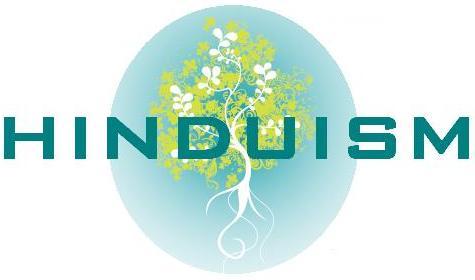 UNITED STATES, May 25, 2011 (Huffington Post by Josh Schrei): Trying to explain the core beliefs of “Hinduism” to an interested observer can be challenging to say the least. It’s often stated that the word “Hinduism” itself is a total misnomer, as it basically refers to the sum total of spiritual and religious thought and practice that has taken place on the Indian subcontinent over the past 5,000 years. And let’s just say it’s been a busy 5,000 years.
UNITED STATES, May 25, 2011 (Huffington Post by Josh Schrei): Trying to explain the core beliefs of “Hinduism” to an interested observer can be challenging to say the least. It’s often stated that the word “Hinduism” itself is a total misnomer, as it basically refers to the sum total of spiritual and religious thought and practice that has taken place on the Indian subcontinent over the past 5,000 years. And let’s just say it’s been a busy 5,000 years.
However, the key point of differentiation between Hinduism and other faiths is not polytheism vs. monotheism. The key differentiation is that “Hinduism” is Open Source and most other faiths are Closed Source. “Open source is an approach to the design, development, and distribution of software, offering practical accessibility to a software’s source code.”
“Generally, closed source means only the binaries of a computer program are distributed and the license provides no access to the program’s source code. The source code of such programs might be regarded as a trade secret of the company.” One of the defining facts of Christian history is that access to God has been viewed — as in most closed source systems — as a trade secret. The ability to reinterpret the Bible, or the teachings of Christ, or the Old Testament, or to challenge the basic fundamental authority of the church has been nonexistent for most of the church’s history. Those who dared to do so were quite often killed.
In Indic thought, there is no trade secret. The foundation of yoga is that the key to God, or the macrocosm, or the absolute … lies within the individual and can be accessed through a certain set of practices. It’s a beautifully simple but ultimately profound concept that has been allowed to flourish unchecked for millennia. The process of discovering and re-imagining the divine is in your hands. The God Project.





